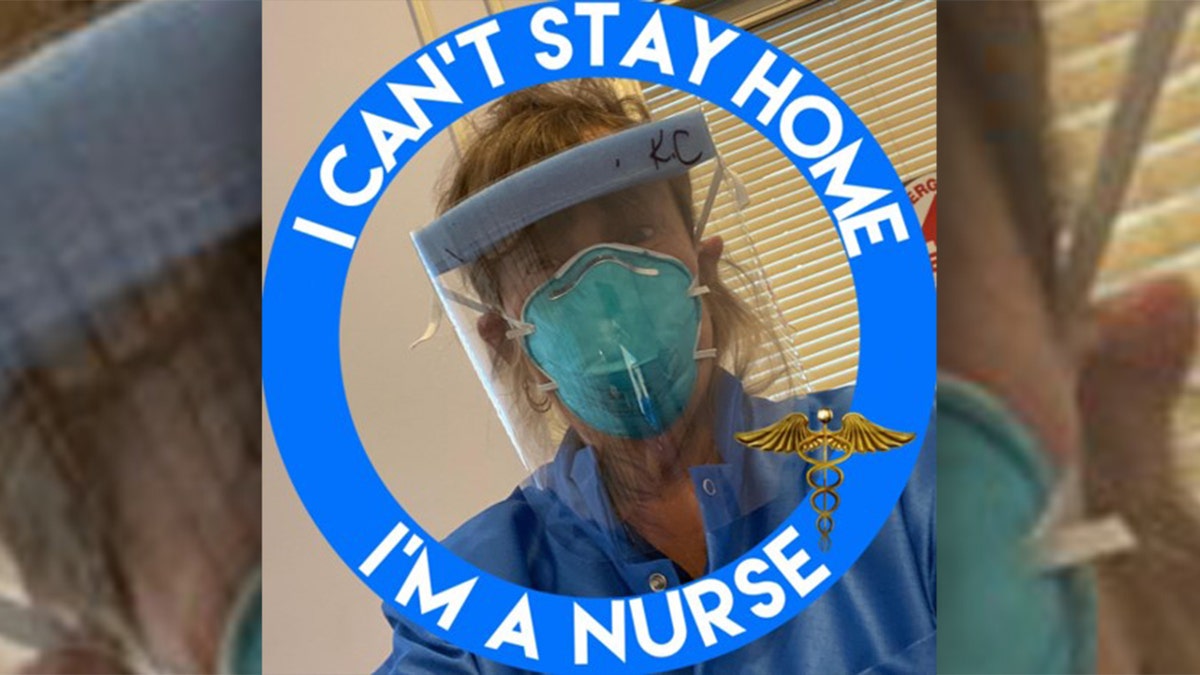Unvaccinated doctor forcibly removed from hospital
Doctor Christopher Rake: 'This is the greatest human rights violation of our time'.
The health care profession is hemorrhaging workers, with nearly one in five quitting since the COVID-19 pandemic began, according to a recent report in the Atlantic.
The industry lost approximately half a million workers since February 2020, according to the U.S. Bureau of Labor Statistics.

A report finds many health care workers recently have been quitting their jobs. (iStock, File)
"Nurses spent a year battling a largely unknown assailant. Running low on gear. Fearing we might bring something deadly home. Getting coughed on by people who pretended that our fights were imaginary, that our struggles—watching people die, day after day, no matter what we did—were literally fake," an intensive care nurse wrote in a new book chronicling her poignant experiences during the height of the pandemic.
NYC VACCINE MANDATE: THOUSANDS OF POLICE OFFICERS, FIREFIGHTERS, CITY WORKERS TO GO ON UNPAID LEAVE
The report explains that the reasons for leaving are many. Some are too traumatized to work anymore, others are forced out, suffering from long-term side effects after contracting COVID-19, a proportion lost their jobs, while many decided to leave the profession on their own volition.

This is my wife Jane at work, she is an RN for Hometown Health Center in Schenectady New York. Thanks, Mike Russel
SCHOOL NURSES STRETCHED THIN AMID NATIONWIDE STAFF SHORTAGE AMID COVID-19
And this may be only the beginning: A Morning Consult survey noted 31% of the remaining health care workforce have considered leaving their current employer, while 66% of acute and critical care nurses have considered leaving their profession, according to the American Association of Critical-Care Nurses.

Kristen Connelly, R.N. of the Surgical intensive care unit (SICU) at St. Luke's Boise Medical Center in Boise, Idaho holds back tears as she talks about the pressure of dealing with the influx of patients to the hospital because of COVID-19 on Tuesday, Aug. 31, 2021. (AP Photo/Kyle Green) (AP Photo/Kyle Green)
Dr. Vineet Arora, dean for medical education at University of Chicago Medicine, said that "In meetings with other health care leaders, when we go around the room, everyone says, ‘We’re struggling to retain our workforce.’ Nobody says, ‘We’re fine,’" according to the report.
The report also noted between 35 and 54% of American nurses and physicians felt burned out already before the pandemic began, overwhelmed by the death, trauma and stress that are just part of the standard job description for being a physician or nurse, but the COVID-19 pandemic magnified all of it in a way that became demoralizing and unstainable for some.
Vaccines initially brought hope for an end in sight, but the rise of the Delta variant, complicated by plateauing vaccination rates with premature loosening of mask requirements soon dashed any of this hope as hospitals became overwhelmed yet again.
Many health care workers told the Atlantic the final straw for leaving was not the virus per se, but the great dissatisfaction in how their respective institutions responded to it, having to work with little say under strenuous working conditions for inadequate pay, deciding instead of simply resigning to it, to actually just resign.
CLICK HERE TO GET THE FOX NEWS APP
Dr. Molly Phelps, an emergency room doctor with 18 years of experience, told the Atlantic that if her institution "had thrown a little more of a bone, that would have been enough to keep me miserable for 13 more years."
"I was willing to stay and be miserable," she said, but after being shocked that her hospital leadership "never acknowledged what we went through," as she continued to care for patients who "seemed to forget their humanity," she finally realized, " … I think I’m done."
"And I think it’s okay to walk away and be happy."




















